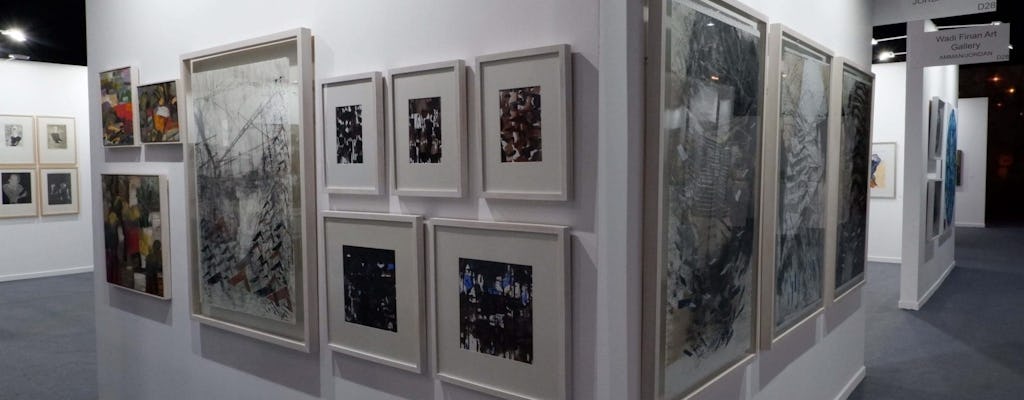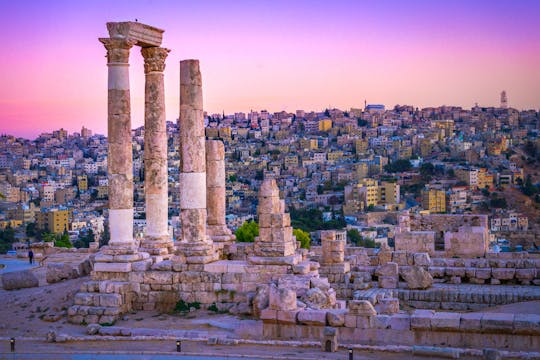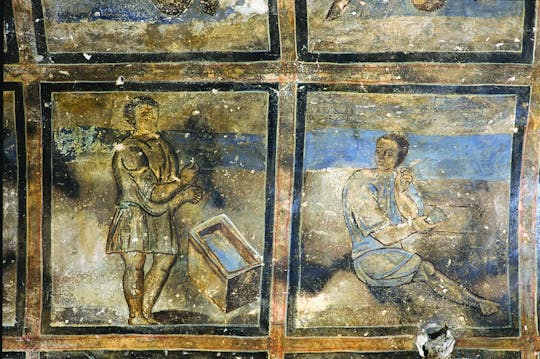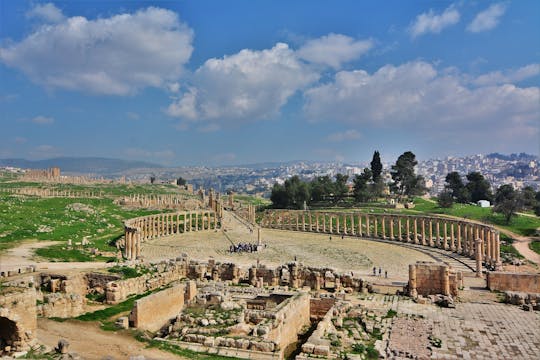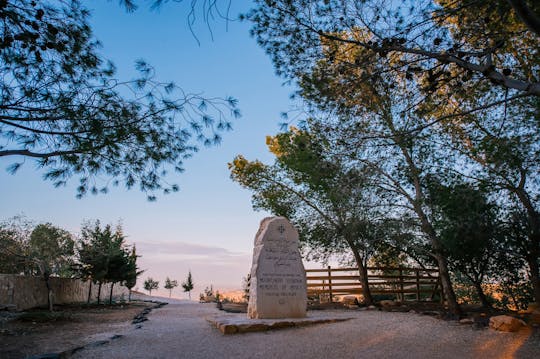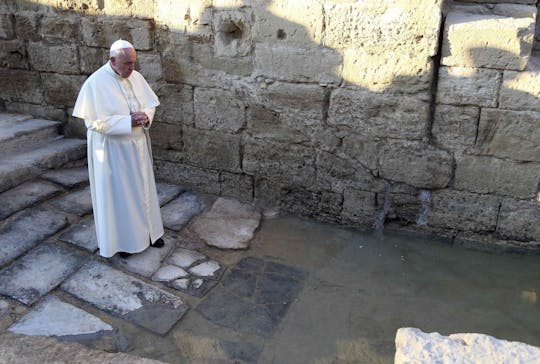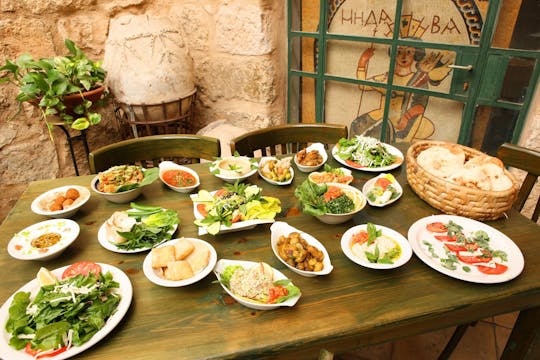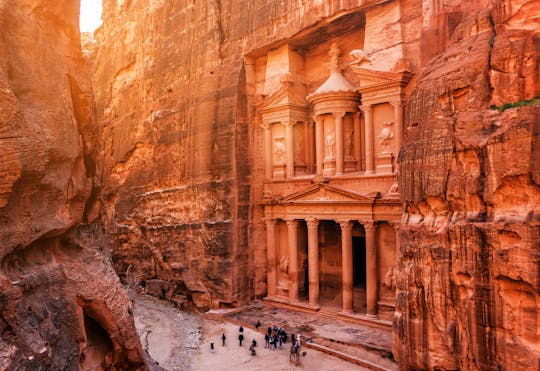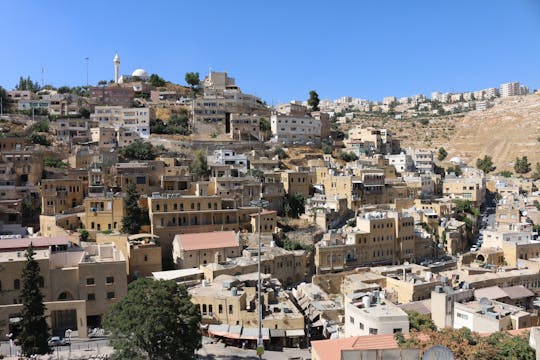You will be seeing the art side of Amman city, starting with the The Duke's Diwan. The Duke's Diwan ( ديوان الدوق ) is an arts and cultural center and historic house museum. Located on King Faisal Street in downtown Amman, it is housed in one of the city's oldest buildings. Built in 1924 as Amman's first post office, the building later became the Finance Ministry and then the Haifa Hotel from 1948 to 1998. In 2001, it was rented by Mamdouh Bisharat, a Jordanian heritage conservationist and businessman, at double its price to prevent the building's owners from knocking it down. Bisharat turned the building into a Diwan, a gathering place for artists, thinkers, and poets. The rooms of the Diwan, filled with antiquities, pictures and old furniture are arranged to show visitors how Jordanians lived during the 20th century.
After your visit to the Diwan you will proceed to visit Nabad Art Gallery. It is a contemporary art gallery based in Amman and has been exhibiting and providing artworks by emerging and established artists from Jordan since 2008. It also showcases a number of artists from the wider Arab world and beyond, with a view to cultivating intercultural dialogue among artists and with the public. To complement its fine art program, Nabad offers professional art classes in drawing and painting for all ages and levels. The Gallery occupies a renovated 1930s residence in the historic neighbourhood of Jabal Amman, which is fast becoming Amman’s cultural hub.
Moving on to Jordan National Gallery of Fine Arts. The Gallery hosts and organizes exhibitions in cooperation with international museums and institutions in order to promote cultural dialogue and artistic exchange. It also organizes an International Sculpture Symposium, a Touring Museum that regularly travels the countryside, as well as poetry readings, lectures, workshops, concerts, book launchings and film screenings.
Finish your tour with Darat al Funun: Darat al Funun is a home for the Arts and the artists of Jordan and the Arab world. Overlooking the heart of Amman, Darat al Funun is housed in three traditional buildings of the 1920s. With its Arts, Architecture, Archaeology, Darat al Funun speaks of an enduring ancient legacy of urbanism, architecture and cultural identity that is now being enriched by a modern flowering of the visual arts. While the thrust of its programs maintains a constant focus on the visual arts, the Darat al Funun strives to be a haven for all the arts, where the public may experience the visual arts in harmony with other forms of self-expression.
